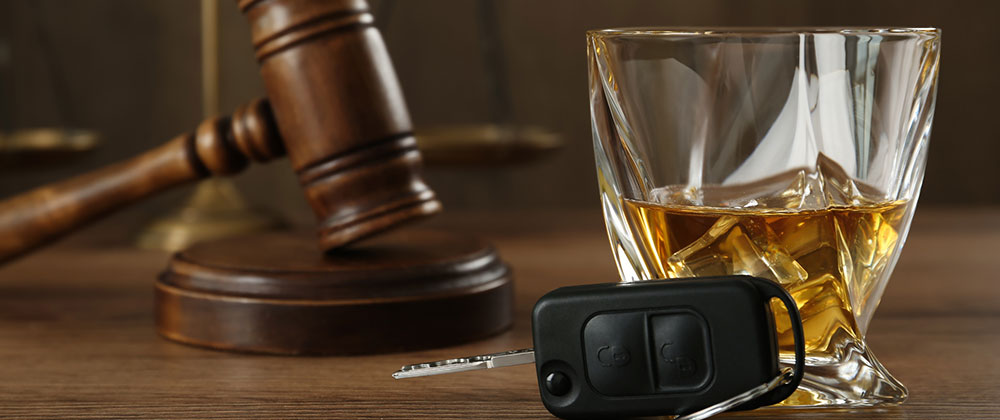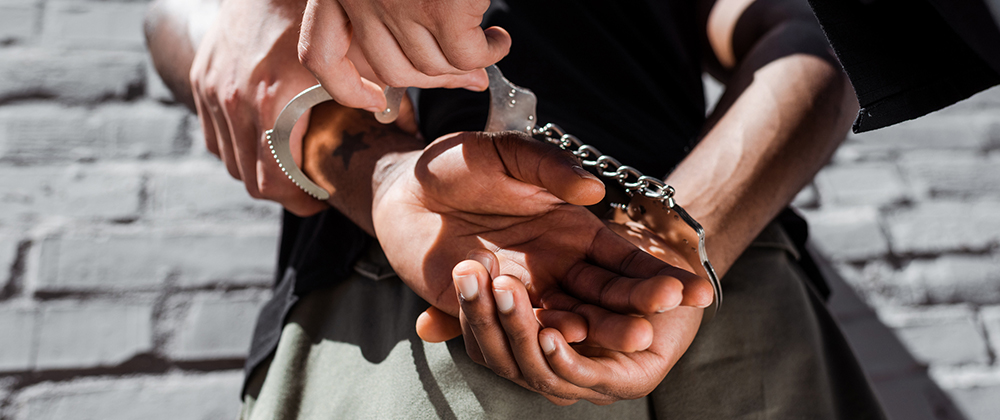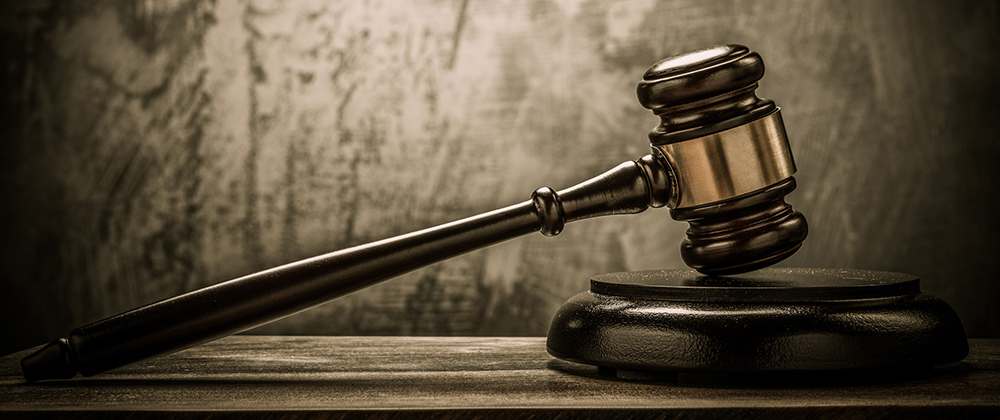Law enforcement officers in Florida must have a reasonable suspicion that someone might have committed a traffic infraction or crime or probable cause to believe an infraction or crime has been committed before they can stop vehicles. Officers are not allowed to stop motorists based on a “hunch” or at random. It is important to have an attorney review your case for those protentional issue. When an officer initiates a traffic stop without probable cause or reasonable suspicion and subsequently develops evidence to place the driver under arrest on suspicion of drunk driving, a Fort Pierce criminal lawyer at the law firm of Kirschner & McEnery, LLC might file a motion to suppress DUI. If this motion is granted, none of the evidence gathered as a result of the unconstitutional stop, search, and seizure will be admissible as evidence against the defendant. Recently, the attorneys at Kirschner & McEnery successfully argued a motion to suppress DUI for a client, leading to the dismissal of the charges against him.
Facts and Circumstances of the Client’s Arrest
On May 21, 2023, the Indian River County Sheriff’s Office pulled over a man’s vehicle around 9PM for allegedly failing to maintain a single lane. During the stop, a second deputy walked around the rear of the man’s car and allegedly saw beer bottles in its back. The second deputy then told the man to get out of the car, opened the vehicle door, patted the man down, and told him to go stand in front of the police vehicle.
While he was standing in front of the police car, both deputies began interrogating the man and making allegations against him. The second deputy claimed he saw indicators of impairment and asked the man to perform field sobriety tests. After the man submitted to the field sobriety tests, the second deputy placed him under arrest for driving under the influence of alcohol.
After arresting the man, the second deputy read the man his Miranda rights. He then elicited similar statements from the man during post-arrest questioning. The man was then transported by the second deputy to the Indian River County Jail, where he submitted to a breathalyzer test.
The deputies did not have a warrant to stop the man’s vehicle, to search his car, or to place him under arrest. The man subsequently hired experienced defense lawyers at the law firm of Kirschner & McEnery, LLC, to defend him against the charges. Upon reviewing the police reports and other evidence, Stephanie McEnery filed a motion to suppress the evidence resulting in his arrest for DUI.
Motion to Suppress DUI Stop, Search, and Arrest
People are protected against unreasonable searches and seizures by the Fourth Amendment to the United States Constitution. This amendment guarantees people’s rights against unreasonable searches and seizures by the government, including law enforcement officers. The Fourth Amendment contains a warrant clause that states that warrants can’t be issued unless they are supported by probable cause and an affirmation by the officer that describes in detail the area that will be searched and the things or people who will be seized or arrested.
The Florida Constitution also includes the right against unreasonable searches and seizures in Art. I, § 12, Fla. Const. The Florida Constitution further declares that any evidence obtained in violation of this right is inadmissible in court. Through his Fort Pierce criminal lawyer, Stephanie McEnery, the man asked the court to take judicial notice of the fact that there wasn’t a warrant authorizing the stop, search, or arrest under § 90.203, Fla. Stat. (2023). Since there wasn’t a warrant, this meant that the prosecution had the burden of proving that the search and seizure were lawful under State v. Delgado-Armenta, 429 So. 2d 328, 331 (Fla. 3d DCA 1983).
In the motion, defense lawyers at the law firm of Kirschner & McEnery, LLC, also noted that no one can be compelled to be a witness against themself in a criminal case under the Fifth Amendment right against self-incrimination in the U.S. Constitution. The Florida Constitution also includes similar language found in Art. I, § 9, Fla. Const. The attorney noted that the Florida Supreme Court held in State v. Hormitz, 191 So. 3d 429, 439 (Fla. 2016) that the right against self-incrimination in the Florida Constitution provides more protection than the right protected under the Fifth Amendment to the U.S. Constitution.
Order Granting the Motion to Suppress
The trial court held a motion hearing on the defendant’s motion to suppress DUI stop, search, and arrest. At the hearing, the first deputy testified that the man’s car failed to maintain the lane. There was a video of the stop but the video was not introduced into evidence by the prosecution. When testifying, the deputy failed to describe the manner in which the vehicle has failed to maintain lane. Stephanie McEnery was able to successfully argue the state had failed to meet its burden of showing probable cause for the man’s stop. The court noted that a stop is reasonable when the officer has probable cause to believe a crime has been committed. However, the court found that the testimony alone failed to establish that a crime was committed to justify a stop of the man’s vehicle.
The court next considered whether the deputy had a reasonable suspicion to believe the man might have been under the influence. Erratic driving can be enough to support reasonable suspicion for a traffic stop. However, the deputy only testified that weaving may indicate that the driver is impaired or is having a medical emergency. She did not testify as to any specific reason she believed the driving pattern meant the man may be impaired.
The judge granted the motion to suppress the DUI stop, search, and arrest, which meant all of the evidence subsequently gathered was inadmissible. As a result, the court did not need to consider the Miranda issue. The man’s statement was suppressed as a result of the court’s finding that the stop was illegal.
Consult a Fort Pierce Criminal Lawyer
Winning a motion to suppress a stop, search, and arrest can result in a dismissal of criminal charges. This is because the prosecutor would not have anything left to prove their case. If you have been charged with a DUI, you should consult a Fort Pierce criminal lawyer at the law firm of Kirschner & McEnery. We have years of experience and will carefully analyze your case for all constitutional issues that could lead to dismissal. Contact us today to request an appointment at (772) 489-8501.




